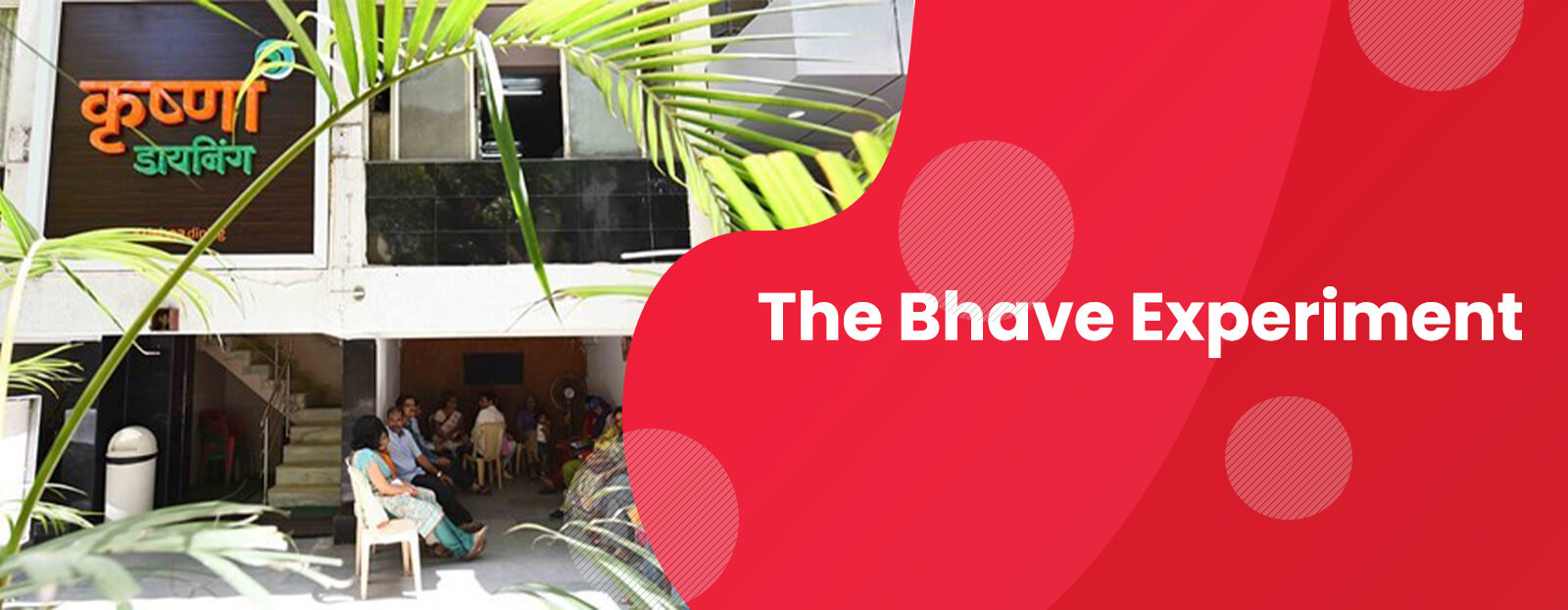
The Bhave Experiment
The aroma of freshly brewed coffee wafting through the air, the taste of crispy, hot dosa melting in the mouth with the spicy rasam teasing the taste buds and the pleasant chatter of friends falling onto the ears is what defines Wadeshwar, a famous eatery in Pune, that is renowned for its South Indian fare. Above Wadeshwar is the well-known Krishna Dining Hall which is famous for its authentic Maharashtrian cuisine. Both these dining places offer diametrically different food items and cater to different tastes and set of people too, but they share a common link, and that is that, both the places are owned by the same person. The places are the fruits of success and labour of love of Mr Shriram Bhave, who has found the nerve to the often critical Punekar’s taste buds and has them asking for more.
Shriram Bhave – the man behind the famous restaurants
Trials and errors are part and parcel of becoming an entrepreneur as they constantly help to learn something new and allow entrepreneurs to innovate themselves and thus experiments are constantly being carried out by business owners in order to earn money and find success and fame. Similarly, Mr Shriram Bhave’s experiments not only earned him name, fame and money but also proved to be the key to the culinary satisfaction of each of his customers.